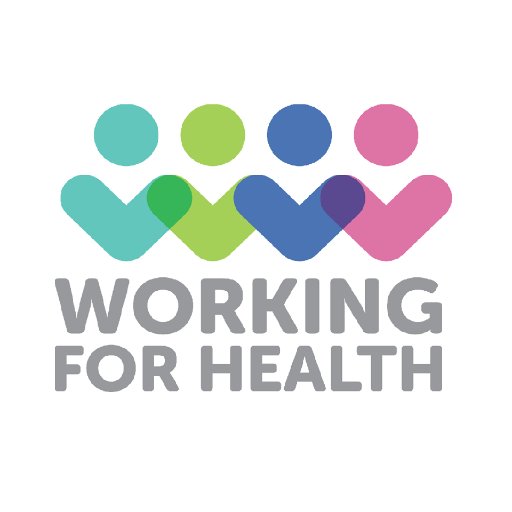By Marrie-Claire O’Brien, CEO of New Leaf – CSJ Alliance charity Midlands
The original End of Custody Release scheme was launched in October 2023 under the Conservative Government and saw over 10,000 prisoners released 18 days early due to the fact that the criminal justice system had only 100 or so spaces left, and was at imminent risk of collapse.
Since then, the scheme has been expanded repeatedly until July of this year, when Lord Chancellor Shabana Mahmood announced continuation of the early release scheme under the Labour Government, and the need to take even bigger steps to reduce custodial sentences from 50% of the sentence being served in prison, to 40%, except for the most violent and egregious offences, also deemed the riskiest prisoners.
The first wave of prisoners due for early release happened on the 10th September 2024, with 2188 prisoners released since then, representing an overall reduction of 2.5%, a much-needed reprieve for a creaking and groaning Prison system and it’s often over-worked colleagues.
But how effective is the current early release scheme and what could be done to improve it in a cost effective and easily implementable way?
As a not-for-profit organisation working within the Criminal Justice System, and as a female ex-prisoner who employs ex-prisoners and has worked with thousands of prisoners pre and post release, I have seen first-hand the negative impact of letting thousands of prisoners out early, without the support they need. We have also been grateful to play a small part in one of the solutions – providing pre-release support up to six weeks prior to these prisoners, to give them the best shot at a positive resettlement and a crime-free life.
If we release people without the correct practical support and positive guidance in place, we are part of the problem and setting up people to fail. We are letting them out only to funnel them back in when they breach their probation license which then causes them to be recalled. Successful releases are made more difficult by the fact that the people being released often have additional complex issues such as addiction, mental health issues, learning difficulties, and other barriers meaning they require even higher levels of support, which there is often no time or inclination to put in place during shorter sentences.
What are the solutions?
Recently we braced ourselves for almost 90 people leaving prison on the same day, over 10 times the number of people we usually support. We were able to support every single man who needed our help and almost 60 men went on to register with us for support to stabilize as they re-enter the community with support such as clothing, food parcels and vouchers, housing and accommodation, mental health referrals, addiction support, ID, essential travel support and 1-2-1 support and guidance from other ex-prisoners and people in recovery from addiction to support their onward journey. Our model is simple – Stabilise, upskill, employ and speak truth to power to create system change.
However, for many people being released early across the country, this support was simply not available. We saw in our offices in Birmingham and on the national news, stories of ex-prisoners not knowing where to turn on release, and with no support it can be so hard to break the cycle of reoffending. If somebody gets out of prison with nowhere to live, no food, no clothing, no direction to get to the station and a travel warrant which doesn’t cover their onward travel – is that person really reoffending, or are they merely foraging for survival at that point?
There are clearly things that need to change and can be changed, and we very much welcome the appointment of Lord Timpson as Minister of State responsible for prisons, a person I have come into contact with many times since founding New Leaf, and who really gets what ex-offenders need and is experienced in supporting them into employment and other opportunities, even sponsoring our New Leaf annual conference and awards over the years.
One fix which will require political bravery, but could really work, would be to prioritise prisoners on much longer sentences for early release. These are prisoners who have had the most support, attended behavioural programmes and explored their triggers to reduce risk and are the least likely to re-offend statistically. We should also release prisoners under the now banned IPP sentencing powers due to their inhumane and destructive nature of having no end date…
Also, we hear consistently from people with convictions about how hard it is to access meaningful probation support. During Covid, released prisoners were given a cheap phone so that probation appointments could be carried out remotely, allowing more people to ‘be seen’ by their probation officer and reducing the number of people being sent back to prison. We want to see the learnings from the pandemic rolled out to make probation more effective and accessible, saving money long-term.
Whilst we agree with releasing prisoners who are ready to seize employment and other opportunities, the current short-sighted system routinely sets people up for failure and relies on forward-thinking innovative Governors of prisons purchasing services like our successful Peer led Departure Lounge contract (Independent evaluation on our website) to support all prisoners being released, much to HMIP’s satisfaction. What we would really love to see is something akin to the Danish model, which instead of building more prisons when faced with the serious over-crowding we are now facing, instead refocused their efforts and money on actually rehabilitating prisoners in their care in a number of innovative and forward-thinking ways which subsequently reduced the numbers of prisoners dramatically, and revolutionised their penal system for the better.
There are clear cost-effective solutions which can be put in place to reduce numbers whilst we pivot our attention away from building prisons and towards rehabilitating the people that inhabit them; we need to see action and political bravery underpinned by academic research and delivered by credible decision makers and organisations like ours who understand and solve some of the issues at hand.
The time is now.




